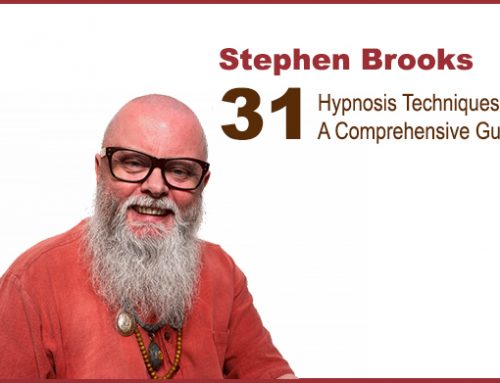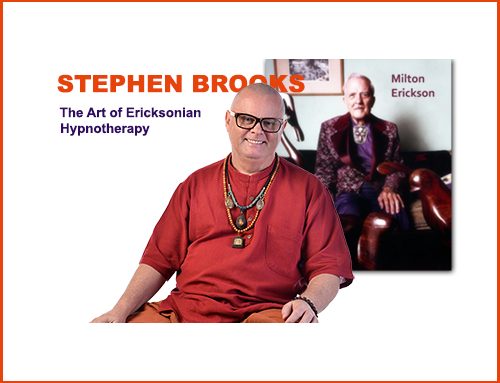Good therapy is about change. It’s about fixing problems, resolving difficulties and removing symptoms. It’s about meeting the minimum requirement of the therapeutic encounter. But good therapy is not great therapy, and this is the problem, many therapists just do good therapy.
Great therapy is not just about change, it’s about the consequences of change. It’s about the benefits the client will receive from the change and the many future changes that will be triggered automatically by the change. It’s about your client having a wonderful happy healthy life – way into the future, and long after they have hopefully forgotten about you. That’s great therapy.
Great therapy goes beyond fixing problems, resolving difficulties and removing symptoms. In fact, because the therapist focuses on the consequences of change, the entire orientation of therapy shifts to a higher level. And because it shifts, it actually makes it easier to fix problems, resolve difficulties and remove symptoms, because the therapist also shifts the client’s perception of success beyond what seems to be urgent or immediate, to what is empowering, enriching and life enhancing.
So change becomes the catalyst – a means to an end – a stepping stone to a better life. If you want to motivate your clients to get better, do great therapy.
So, are you a good therapist, or great therapist?
Stephen Brooks






